Australia’s Representatives: a new party to reclaim democracy
We know that we live in a genuine democracy when, during a crisis, our parliamentarians can and do speak honestly. Events since March 2020 have demonstrated, however, that Australia is not a well-functioning democracy. Its democratic institutions have failed to defend the truth and human rights. Parliamentarians are not merely lawmakers. We expect them to develop informed judgements about public policy and raise any concerns within their party and in the parliament. Most importantly, parliamentarians are expected to hear both sides of an issue before forming their view. There are always ‘experts’ on either side. Hearing an alternative opinion is like getting a second opinion on a complex health matter. Further, the final decision must rest with politicians, not with ‘experts’. For parliamentarians to claim that the people must obey a ‘chief health officer’ amounts to the abdication of their fundamental responsibility.
When I asked Mr Matthew Guy, my local (Liberal) representative, to ask a question in the Victorian parliament about why Brett Sutton is asking me to wear a mask outdoors when there is not the slightest evidence about the effectiveness of masks under such circumstances, his office insisted that I obey the health officer and Guy personally blocked me on Twitter. I’m not the only one. Thousands of Australians are reporting that they have not received any response from their local MP to their written concerns about public health policies. Elected members from different political parties have rubber-stamped their party diktats for fear of reprisal by the party machine. Their career depends on being a spruiker for their party. They are not permitted to undertake independent research or listen to their constituents and, in fact, are punished if they do so, as Craig Kelly found out.
We have had an intolerable situation in Australia ever since politicians flipped the switch in March 2020 from following Australia’s pandemic plans to copying the Chinese Communist Party’s new-fangled ideas. The hysteria precipitated worldwide by CCP’s fake videos, machinations of Tedros Adhanom who overturned the October 2019 World Health Organisation guidelines, and bogus models from the Imperial College led most governments (except Sweden) astray.
Victoria’s 10 March 2020 pandemic plan stated (correctly) that ‘Covid-19 is assessed as being of moderate clinical severity’ and noted that the government was fully prepared to ‘respond if a larger, or more severe outbreak occurs’. The plan did not identify any measures that remotely resemble lockdowns and curfews. And as Jennifer Coate’s Hotel Quarantine Inquiry report noted, the plan ‘did not envisage the involuntary detention of people arriving from overseas… [I]ts focus, with regard to isolation or quarantine, was on the voluntary isolation of people in their own homes’.
One could have taken a charitable view of this situation had the Liberal and Labor parties come to their senses at the earliest opportunity and resumed following the science and the laws. By May 2020 it was impossible for anyone to argue that this was a once-in-100-year event. Model predictions had comprehensively failed – most starkly in Sweden which point-blank refused to engage in unscientific China-prompted lockdowns. But even after 13 months of lockdowns and border closures, our political parties, our parliamentarians and our public services continue to lead Australia astray.
At the end of 2020, by the most reasonable estimate, no more than 3,000 extra annual deaths had taken place in Sweden, around 3 to 4 per cent beyond the normal. Moreover, the death rate in Sweden in 2020 was equal to the average death rate of the past 10 years. I am willing to wager that no politician can correctly identify the 2020 death rate of Sweden from previous years’ death rates if the data are presented with the years scrambled.
Likewise, consider the frenzy about Covid cases. Approximately a billion people get infected with the flu each year in the world, roughly one out of eight persons on this planet. But we are repeatedly told about the numerator of Covid cases without any contextualisation (such as the denominator and the previous magnitude of flu). Not surprisingly, people who find it hard to understand big numbers remain in a state of heighted alarm.
Democracy can become particularly dangerous when there is bipartisan support by major parties against the human rights of minorities. James Madison was concerned about factions (parties) that can – if they unite together – ‘sacrifice both the public good and the rights of other citizens’. Lately in Australia, the rights of children, the youth, the working class and many others have been wiped out, not to mention horrific harms caused to the health, mental well-being and economic prospects of Australians.
Since both the big political parties have refused to listen to reason despite my many articles, a book, a complaint to the International Criminal Court and an Open Letter to ASIO, I began considering political options in December 2020. After much exploration I now have the answer: a new political party, Australia’s Representatives, that will provide a platform for honest citizens to step forward to contest elections and fight tyranny and corruption. Conscience voting by elected members of Australia’s Representatives is the signature feature of this new party. Our candidates will also sign a Public Pact to serve the best interests of their community.
The party will provide a values-based filter over any policy proposals: it will not prematurely rule out any policy ideas that are otherwise consistent with the basic values of Australia.
The fight back to reclaim democracy has begun.
Got something to add? Join the discussion and comment below.
Get 10 issues for just $10
Subscribe to The Spectator Australia today for the next 10 magazine issues, plus full online access, for just $10.
Join us at http://ausreps.org
You might disagree with half of it, but you’ll enjoy reading all of it. Try your first month for free, then just $2 a week for the remainder of your first year.

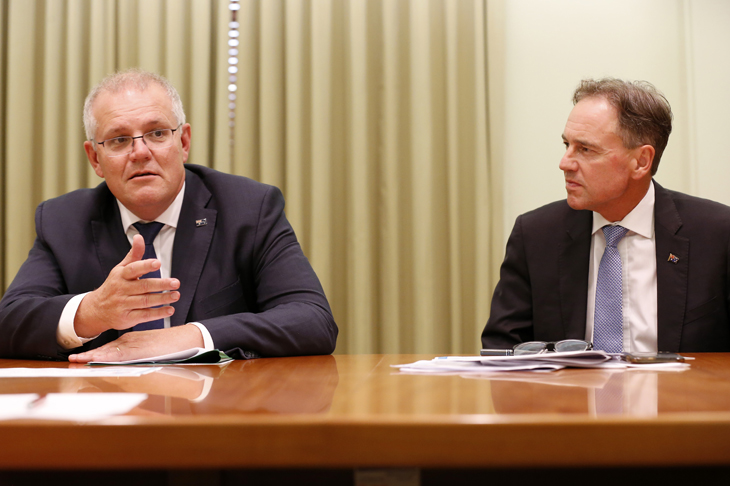
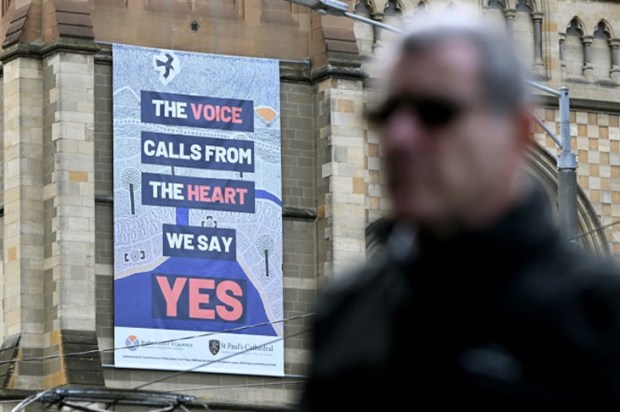
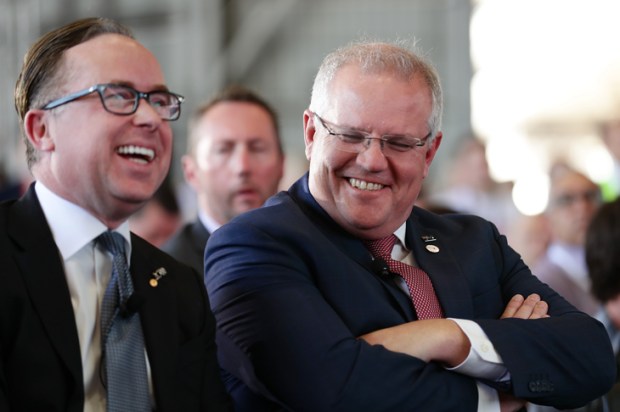
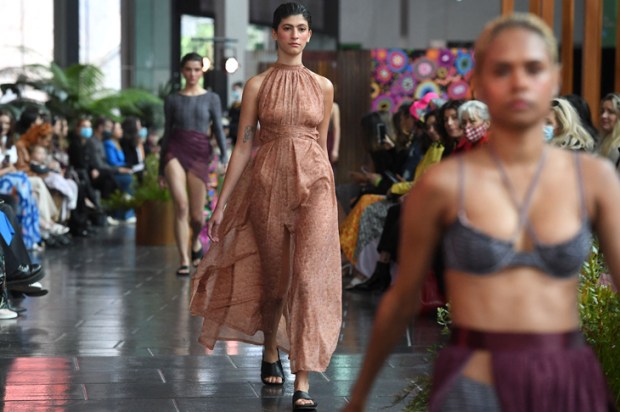
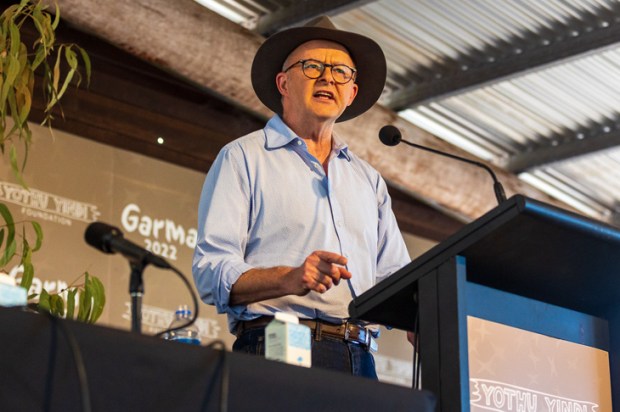

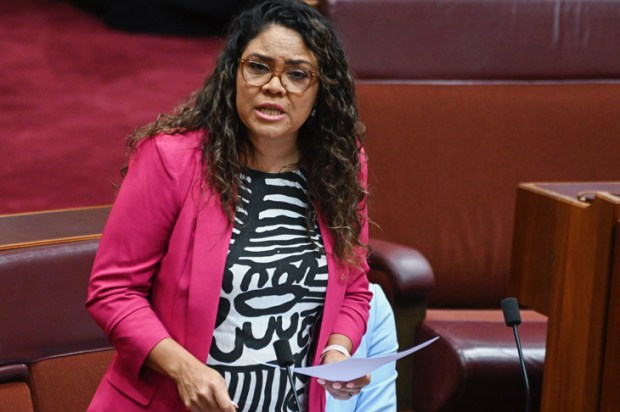






Comments
Don't miss out
Join the conversation with other Spectator Australia readers. Subscribe to leave a comment.
SUBSCRIBEAlready a subscriber? Log in